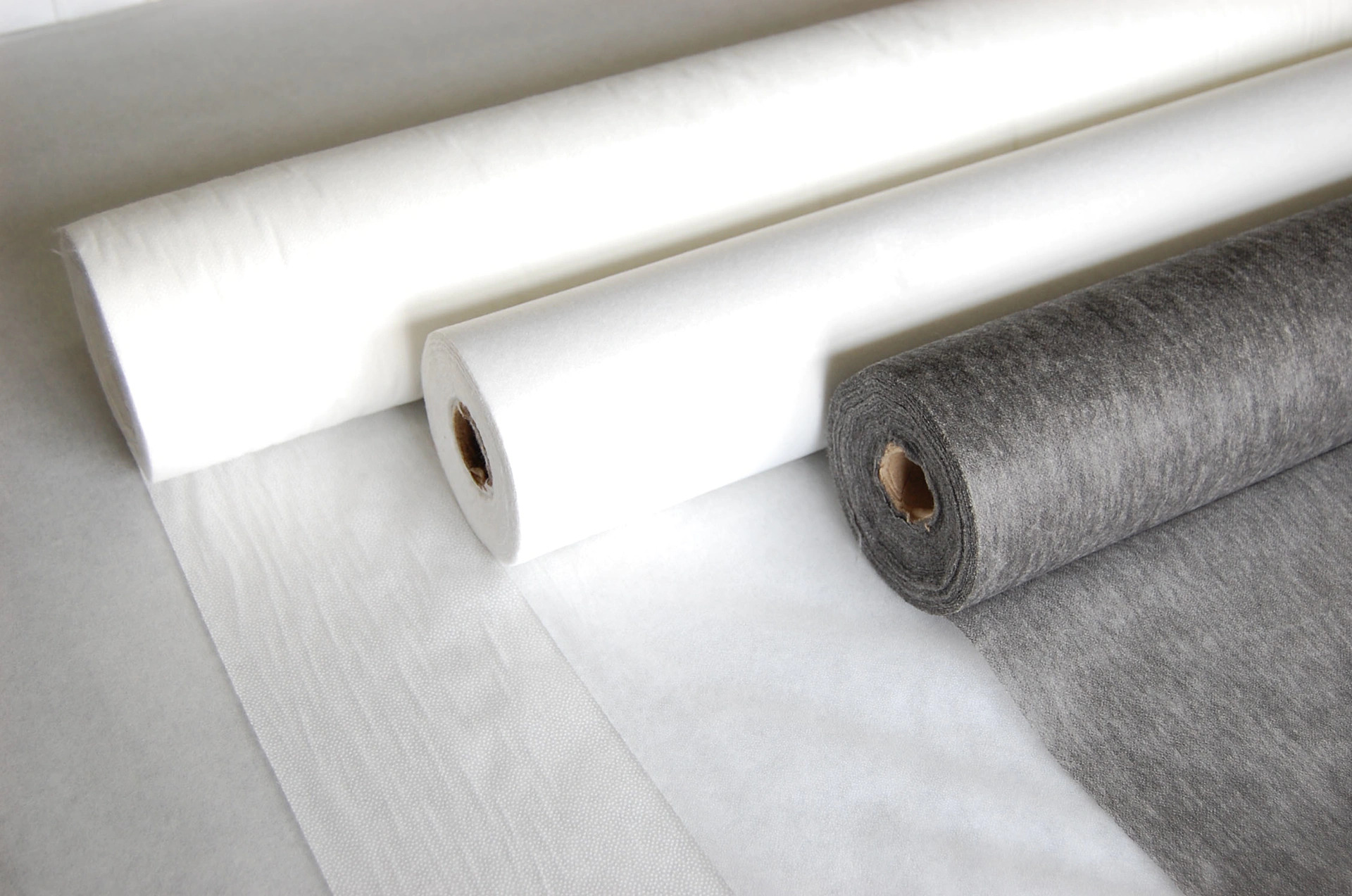In the world of garment manufacturing, the quality of materials used plays a crucial role in determining the success of the final product. Fusible interlining, a key component in many garments, requires a careful selection of suppliers to ensure superior quality, timely delivery, and cost-effectiveness. In this article, we’ll delve into the five key factors that garment manufacturers should consider when selecting a fusible interlining supplier.
1. Quality of Interlining Materials:
The quality of fusible interlining directly impacts the overall quality and durability of the garment. When choosing a supplier, it’s essential to assess the quality of their interlining materials. Look for suppliers who offer interlinings made from high-quality fabrics that are durable, lightweight, and have excellent adhesive properties. Request samples from potential suppliers to evaluate the hand feel, stiffness, and adherence of the interlining to various types of fabrics. Additionally, inquire about the supplier’s quality control processes to ensure consistency in product quality.
2. Range of Product Offerings:
Every garment is unique, and different projects may require specific types of fusible interlinings. A reputable supplier should offer a diverse range of interlining products to cater to the varying needs of garment manufacturers. Consider suppliers who provide a wide selection of interlining weights, compositions (such as cotton, polyester, or blends), and widths to accommodate different garment styles and fabric types. Having access to a comprehensive range of interlining options ensures flexibility and enables manufacturers to find the perfect match for their specific requirements.
3. Technical Support and Expertise:
Garment manufacturing involves intricate processes, and selecting the right fusible interlining requires technical expertise. Look for suppliers who offer comprehensive technical support and guidance to assist manufacturers in choosing the most suitable interlining for their applications. Experienced suppliers should be able to provide recommendations based on factors such as fabric type, garment construction, and desired end-use properties. Additionally, inquire about the supplier’s research and development capabilities to ensure that they stay abreast of industry trends and innovations in interlining technology.
4. Production Capacity and Timeliness:
Timely delivery is critical in the fast-paced world of garment manufacturing. When evaluating potential interlining suppliers, consider their production capacity and ability to meet your manufacturing timelines. Look for suppliers with efficient production processes, adequate inventory levels, and reliable logistics capabilities to ensure consistent and timely delivery of interlining materials. Additionally, inquire about the supplier’s lead times, order fulfillment processes, and ability to accommodate urgent orders or fluctuations in demand. Choosing a supplier with a track record of on-time deliveries helps minimize production delays and ensures smooth operations.
5. Cost and Value:
While cost is an important consideration, it’s essential to balance it with the value provided by the interlining supplier. Evaluate the overall cost-effectiveness of potential suppliers by considering factors such as product quality, technical support, and reliability in addition to pricing. Avoid compromising on quality to save costs, as inferior interlining materials can result in poor garment performance and customer dissatisfaction. Instead, focus on finding a supplier that offers a competitive price while maintaining high standards of quality and service. Consider negotiating bulk discounts or long-term contracts to maximize cost savings without sacrificing quality.
Selecting the right fusible interlining supplier is a critical decision that can significantly impact the quality, efficiency, and profitability of garment manufacturing operations. By considering factors such as product quality, range of offerings, technical support, production capacity, timeliness, and cost-effectiveness, manufacturers can make informed decisions and forge successful partnerships with reliable suppliers. Investing time and effort in selecting the right supplier upfront pays dividends in terms of product quality, customer satisfaction, and business success in the long run.


Leave a Reply